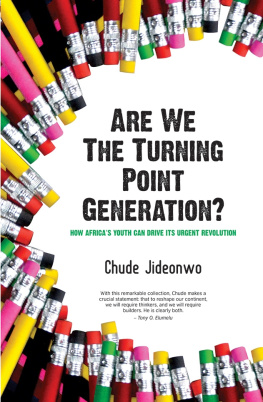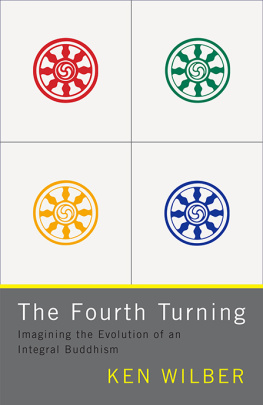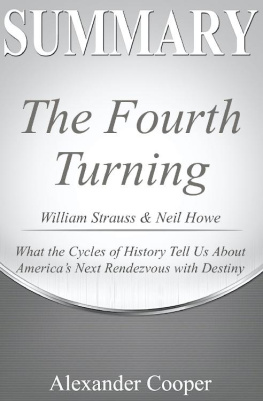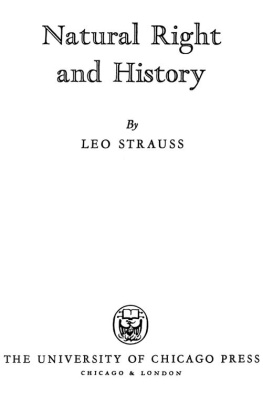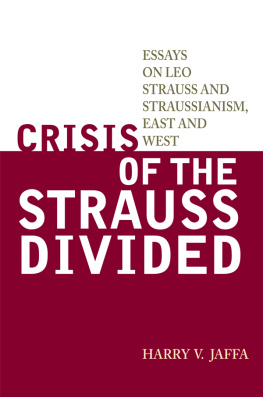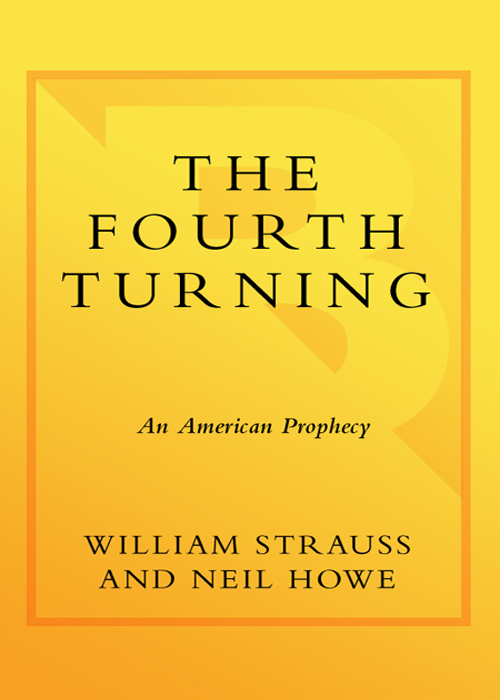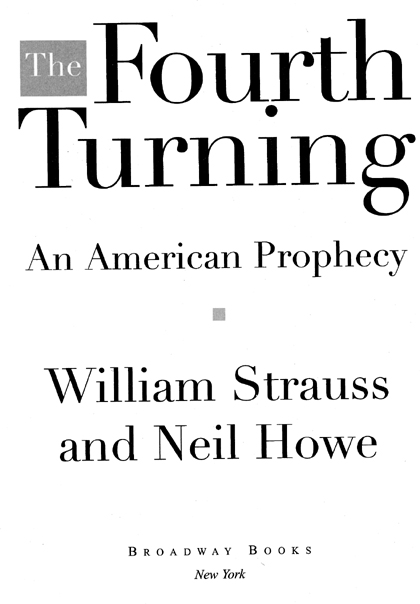Also by Neil Howe (coauthored with Peter G. Peterson)
Contents
Part One.
Part Two.
Part Three.
CHAPTER 1

Winter Comes Again
AMERICA FEELS LIKE IT'S UNRAVELING .
Though we live in an era of relative peace and comfort, we have settled into a mood of pessimism about the long-term future, fearful that our superpower nation is somehow rotting from within.
Neither an epic victory over Communism nor an extended upswing of the business cycle can buoy our public spirit. The Cold War and New Deal struggles are plainly over, but we are of no mind to bask in their successes. The America of today feels worse, in its fundamentals, than the one many of us remember from youth, a society presided over by those of supposedly lesser consciousness. Wherever we look, from L.A. to D.C., from Oklahoma City to Sun City, we see paths to a foreboding future. We yearn for civic character but satisfy ourselves with symbolic gestures and celebrity circuses. We perceive no greatness in our leaders, a new meanness in ourselves. Small wonder that each new election brings a new jolt, its aftermath a new disappointment.
Not long ago, America was more than the sum of its parts. Now, it is less. Around World War II, we were proud as a people but modest as individuals. Fewer than two people in ten said yes when asked, Are you a very important person? Today, more than six in ten say yes. Where we once thought ourselves collectively strong, we now regard ourselves as individually entitled.
Yet even while we exalt our own personal growth, we realize that millions of self-actualized persons don't add up to an actualized society. Popular trust in virtually every American institutionfrom businesses and governments to churches and newspaperskeeps falling to new lows. Public debts soar, the middle class shrinks, welfare dependencies deepen, and cultural arguments worsen by the year. We now have the highest incarceration rate and the lowest eligible-voter participation rate of any major democracy. Statistics inform us that many adverse trends (crime, divorce, abortion, scholastic aptitudes) may have bottomed out, but we're not reassured.
Optimism still attaches to self, but no longer to family or community. Most Americans express more hope for their own prospects than for their children'sor the nation's. Parents widely fear that the American Dream, which was there (solidly) for their parents and still there (barely) for them, will not be there for their kids. Young householders are reaching their midthirties never having known a time when America seemed to be on the right track. Middle-aged people look at their thin savings accounts and slim-to-none pensions, scoff at an illusory Social Security trust fund, and try not to dwell on what a burden their old age could become. Seniors separate into their own Leisure World, recoiling at the lost virtue of youth while trying not to think about the future.
We perceive our civic challenge as some vast, insoluble Rubik's Cube. Behind each problem lies another problem that must be solved first, and behind that lies yet another, and another, ad infinitum. To fix crime we have to fix the family, but before we do that we have to fix welfare, and that means fixing our budget, and that means fixing our civic spirit, but we can't do that without fixing moral standards, and that means fixing schools and churches, and that means fixing the inner cities, and that's impossible unless we fix crime. There's no fulcrum on which to rest a policy lever. People of all ages sense that something huge will have to sweep across America before the gloom can be liftedbut that's an awareness we suppress. As a nation, we're in deep denial.
While we grope for answers, we wonder if analysis may be crowding out our intuition. Like the anxious patient who takes seventeen kinds of medicine while poring over his own CAT scan, we find it hard to stop and ask, What is the underlying malady really about? How can we best bring the primal forces of nature to our assistance? Isn't there a choice lying somewhere between total control and total despair? Deep down, beneath the tangle of trend lines, we suspect that our history or biology or very humanity must have something simple and important to say to us. But we don't know what it is. If we once did know, we have since forgotten.
Wherever we're headed, America is evolving in ways most of us don't like or understand. Individually focused yet collectively adrift, we wonder if we're heading toward a waterfall.
Are we?
IT'S ALL HAPPENED BEFORE
The reward of the historian is to locate patterns that recur over time and to discover the natural rhythms of social experience.
In fact, at the core of modern history lies this remarkable pattern: Over the past five centuries, Anglo-American society has entered a new eraa new turningevery two decades or so. At the start of each turning, people change how they feel about themselves, the culture, the nation, and the future. Turnings come in cycles of four. Each cycle spans the length of a long human life, roughly eighty to one hundred years, a unit of time the ancients called the saeculum. Together, the four turnings of the saeculum comprise history's seasonal rhythm of growth, maturation, entropy, and destruction:
- The First Turning is a High, an upbeat era of strengthening institutions and weakening individualism, when a new civic order implants and the old values regime decays.
- The Second Turning is an Awakening, a passionate era of spiritual upheaval, when the civic order comes under attack from a new values regime.
- The Third Turning is an Unraveling, a downcast era of strengthening individualism and weakening institutions, when the old civic order decays and the new values regime implants.
- The Fourth Turning is a Crisis, a decisive era of secular upheaval, when the values regime propels the replacement of the old civic order with a new one.
Each turning comes with its own identifiable mood. Always, these mood shifts catch people by surprise.
In the current saeculum, the First Turning was the American High of the Truman, Eisenhower, and Kennedy presidencies. As World War II wound down, no one predicted that America would soon become so confident and institutionally muscular, yet so conformist and spiritually complacent. But that's what happened.
The Second Turning was the Consciousness Revolution, stretching from the campus revolts of the mid-1960s to the tax revolts of the early 1980s. Before John Kennedy was assassinated, no one predicted that America was about to enter an era of personal liberation and cross a cultural divide that would separate anything thought or said after from anything thought or said before. But that's what happened.



